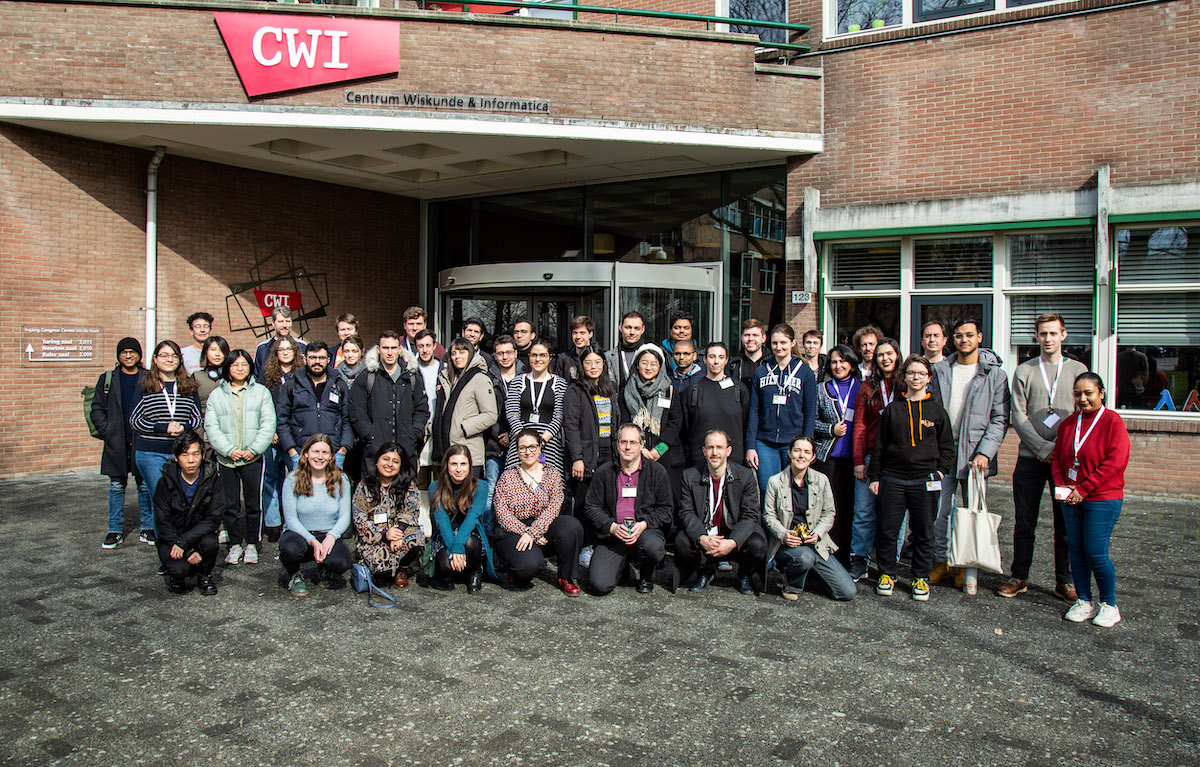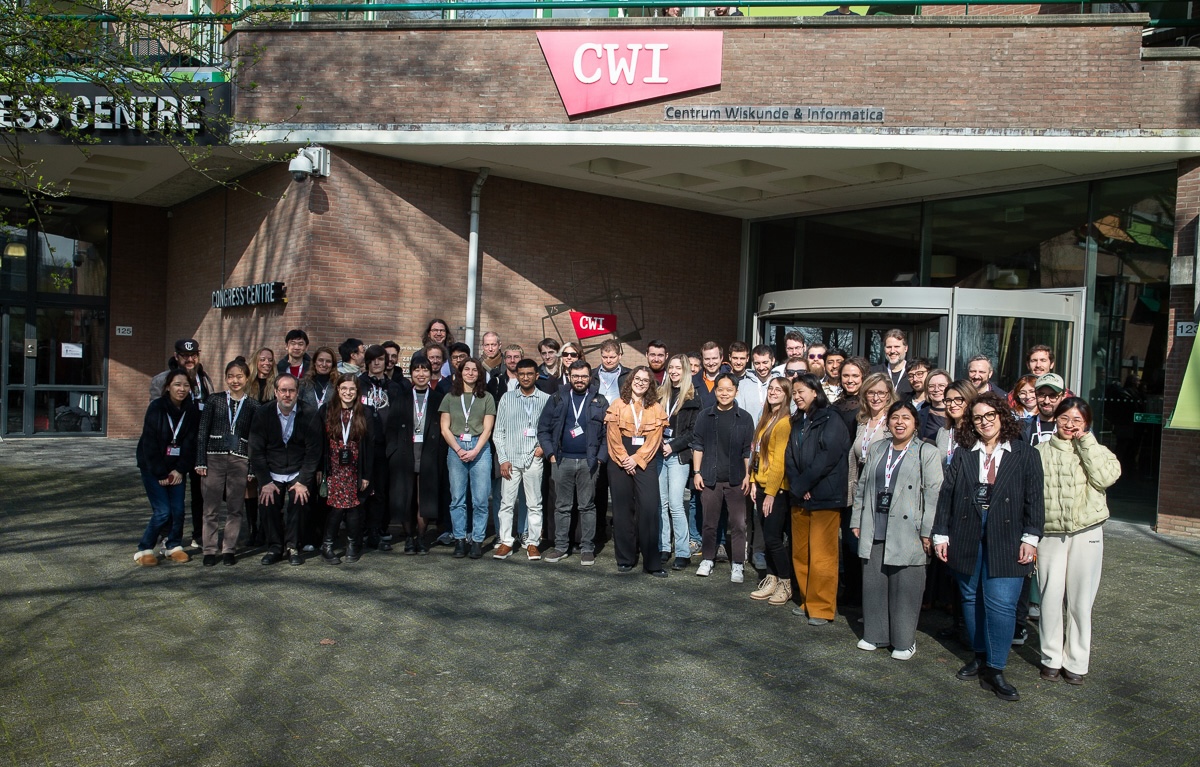Social XR technologies allow for shared experiences and interactions among remote users in real-time. However, several technological and research breakthroughs are still needed in order to make social XR widespread and accessible to the public. To enable realistic, immersive, and effective social XR experiences, a synergy is required between different research areas, such as computer graphics, networking and systems, signal processing, multimedia systems and social sciences and humanities.
Scope
The aim of this spring school is to learn about Social XR, as a new medium for communication and collaboration following an interdisciplinary approach, and welcoming students from technology, social sciences, and humanities. In particular, the school will target the following areas:
- 3D Capturing and Modeling realistic avatars, and their behavior in the virtual world;
- Coding, transmission and distribution of volumetric video content, and their optimisation for increasing the QoE;
- Ethics by design, for the development of responsible Social XR experiences;
- Rendering and interaction, including the development of new immersive and multi-sensory experiences;
- Human factors and evaluation, including the assessment and evaluation of experiences and QoE modeling and prediction; and
- Research context, providing insights of a research lab, DIS.
Target Audience
This school is intended for Ph.D students from different disciplines who
are interested in learning more about the mechanics underlying immersive
experiences, such as user-centered delivery systems and human perception,
as well as volumetric content recording, rendering, and coding.
Participants seeking a mixture of theoretical, empirical and practical
insights from an interdisciplinary perspective are encouraged to apply.
We also welcome applications from master students and post-docs, as well as
professionals and researchers (upon availability).
English is the language of instruction. Attending PhD students will be
granted 5 ECTS points for their participation.






